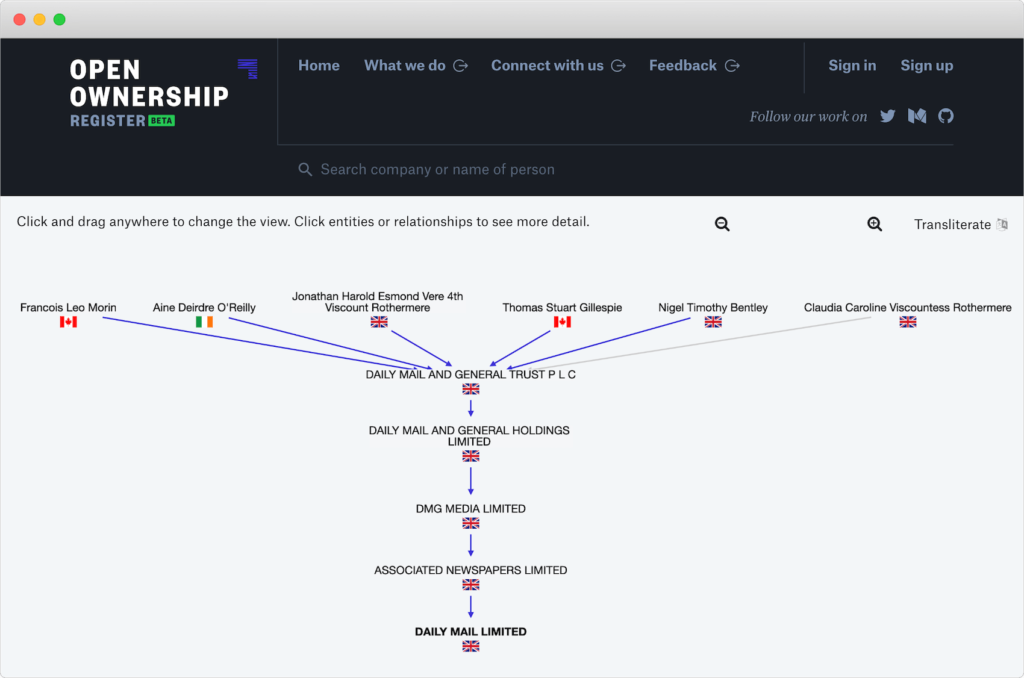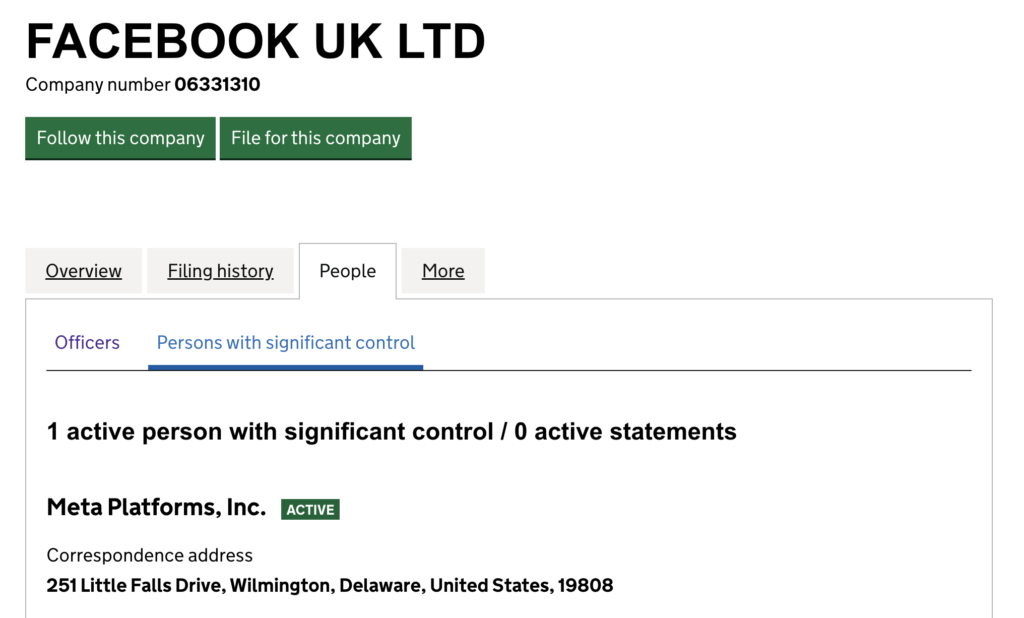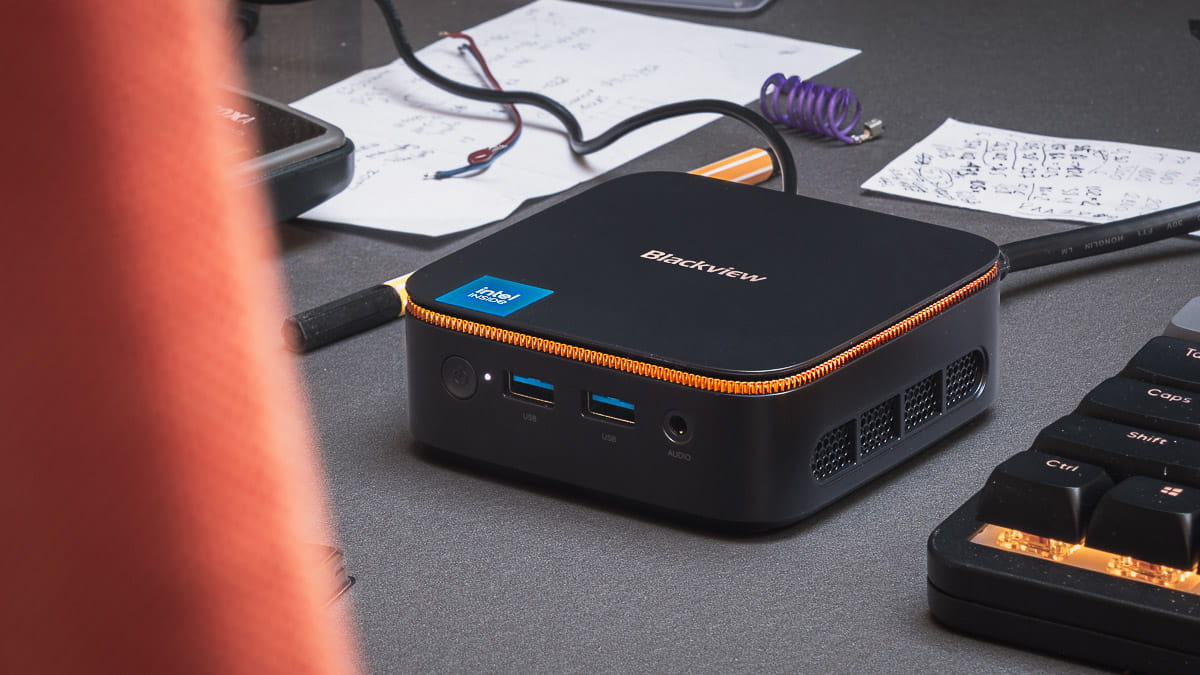Beneficial ownership transparency involves disclosing the real individuals who ultimately own, control, or benefit from companies and trusts. This transparency is key to preventing money laundering, terrorism financing, and other illicit activities by making it harder for individuals to hide behind complex corporate structures. Open Ownership provides extensive research and advocacy in this area.
OpenOwnership?
Open Ownership (OO) focuses on promoting beneficial ownership transparency (BOT). They assist countries in creating high-quality company ownership data, adhering to international standards, and catering to various stakeholders like governments, civil societies, and private sectors. OO provides technical support for BOT implementation, develops technologies like the Beneficial Ownership Data Standard (BODS) for publishing structured ownership data, and conducts research to inform policy and guide effective BOT implementation. Their work includes developing the Global Open Ownership Register and offering training on using beneficial ownership data.
OpenOwnership Register
The Open Ownership Register is a comprehensive database containing over 28 million beneficial ownership records from more than 9 million companies across over 200 jurisdictions. This tool enables users to search for beneficial owners and companies, providing detailed, joined-up ownership structures and network visualizations. The data is standardized, normalized, and de-duplicated for clarity and accuracy. Open Ownership releases this data freely under the Open Data Commons Attribution License, promoting transparency and aiding various stakeholders like journalists, businesses, and investigators.
For more detailed information, please visit the Open Ownership Register.

CRBR – polish OpenOwnership
A prime example of such a registry is polish Central Register of Real Beneficiaries (CRBR). Established to comply with EU directives against money laundering and terrorism financing, CRBR stores and processes information about the real beneficiaries of various entities, including various types of companies and foundations. It aims to prevent money laundering and terrorism financing by ensuring accurate and current data on real beneficiaries is publicly accessible, enhancing society’s control over financial information and boosting trust in the financial market. The CRBR is managed by the Director of the National Revenue Administration in Bydgoszcz, and it’s legally mandatory in Poland under the Act on Counteracting Money Laundering and Terrorism Financing.
For more detailed information, you can visit Polish government’s page on CRBR at Centralny Rejestr Beneficjentów Rzeczywistych.
Companies House – another example
The UK Government’s service for getting information about a company offers a wide range of details. This includes the company’s registered address, incorporation date, current and resigned officers, document images, mortgage charge data, previous company names, and insolvency information. Importantly, it also provides information on Persons with Significant Control (PSC), revealing who has significant influence or control over the company. This feature enhances transparency around company ownership and control.
For more detailed information, please visit the UK Government’s service page: Get information about a company.


















